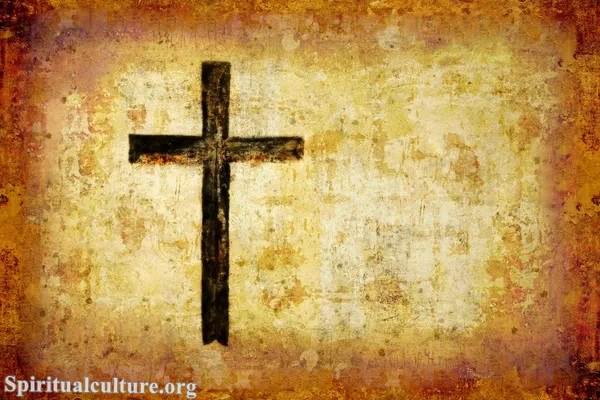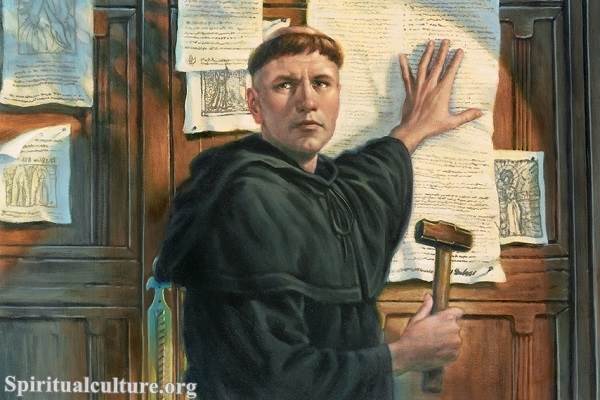This federal holiday, marked on the third Monday of January, is more than a day off work or school. It is a day to honor a man who championed civil rights, equality, and justice for all, regardless of race or background.
Martin Luther King Day is a reminder of the struggles faced by African Americans during the Civil Rights Movement. It is a moment to reflect on the progress made since then, and the work that still needs to be done to achieve King’s dream of a world where people are judged by the content of their character and not the color of their skin.
Dr. King was a Baptist minister, a role that shaped his approach to the civil rights movement. His faith was a driving force behind his advocacy for equality, influencing his use of nonviolent protest as a tool for social change. His iconic “I Have a Dream” speech, delivered during the March on Washington in 1963, remains one of the most influential speeches in American history.
However, to fully understand the significance of Martin Luther King Day, one must look beyond the man himself and delve into the roots of his namesake, Martin Luther, a seminal figure in the Protestant Reformation.
Martin Luther, Protestantism, and Their Influence on Dr. King
Martin Luther, a German theologian in the 16th century, is known as the father of Protestantism. His critique of the Catholic Church, encapsulated in his Ninety-Five Theses, sparked the Protestant Reformation. This movement led to the creation of Protestant churches, which emphasized reading and interpreting the Bible for oneself, rather than relying solely on the Church’s teachings.
Dr. King’s parents named him after Martin Luther in recognition of the reformer’s courage and commitment to religious freedom. These values deeply resonated with Dr. King, shaping his approach to the civil rights movement. Like Luther, King sought to challenge the status quo and fight for what he believed was right, even in the face of strong opposition.
The parallels between Martin Luther and Martin Luther King Jr. go beyond their shared name. Both men were deeply religious figures who used their faith as a guiding principle in their fight for change. Luther’s challenge to the Catholic Church paved the way for religious freedom, while King’s fight against racial segregation and discrimination was instrumental in advancing civil rights.
Furthermore, both men faced severe consequences for their actions. Luther was excommunicated from the Catholic Church, while King was jailed multiple times for his participation in nonviolent protests. Despite these challenges, both men remained steadfast in their mission, leaving lasting legacies that continue to inspire people worldwide.
Martin Luther King Day, therefore, serves as a tribute not only to Dr. King himself, but also to the enduring values of courage, justice, and equality that he shared with his namesake. It is a day to remember the sacrifices made by those who fought for civil rights and to reflect on our role in continuing their work.
In conclusion, Martin Luther King Day is more than just a holiday. It is a call to action, an invitation to continue Dr. King’s work in fighting injustice and promoting equality. Whether we honor his legacy through community service, education, or advocacy, let us remember Dr. King’s dream and strive to make it a reality. After all, as Dr. King himself said, “The time is always right to do what is right.”



